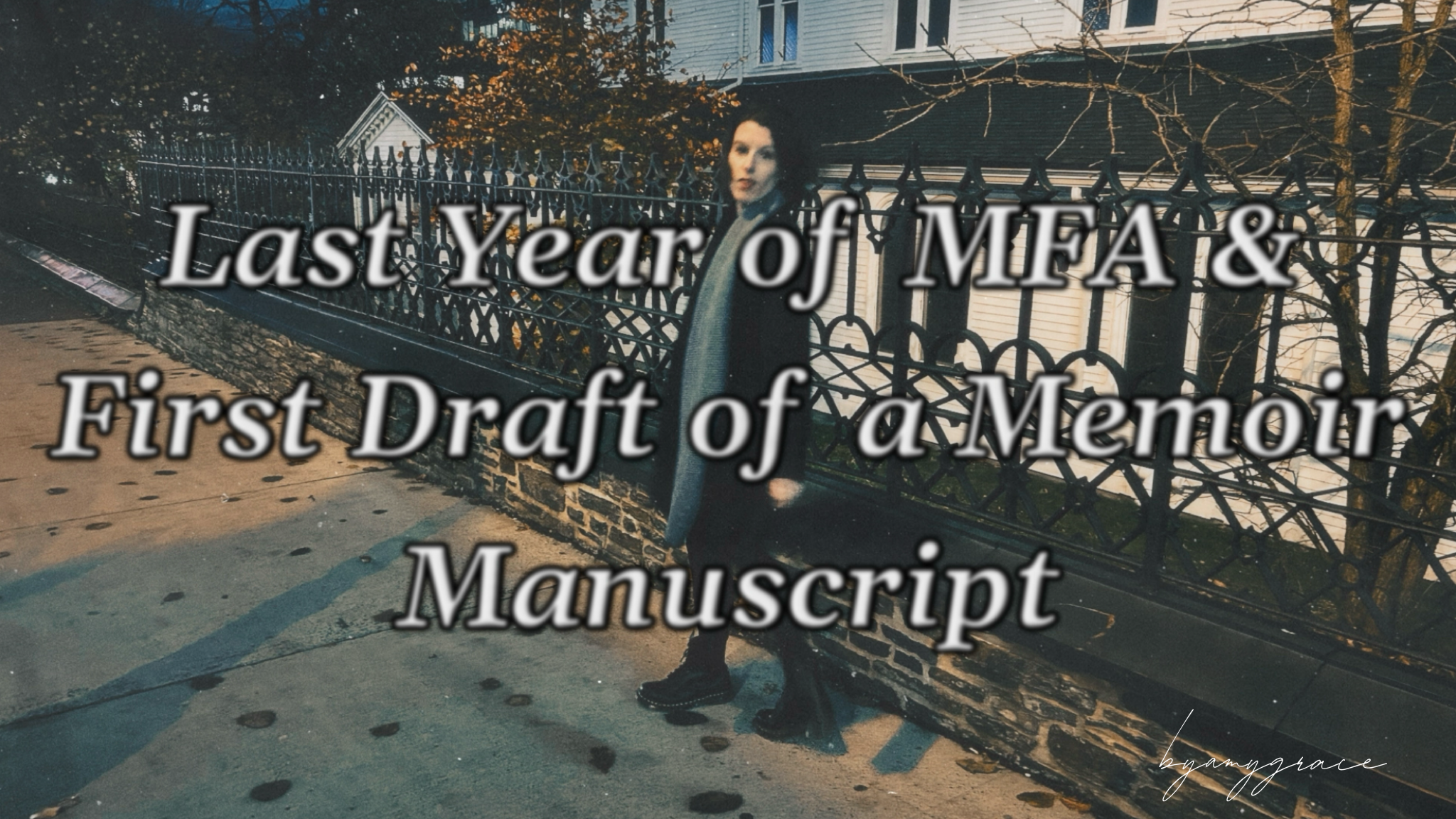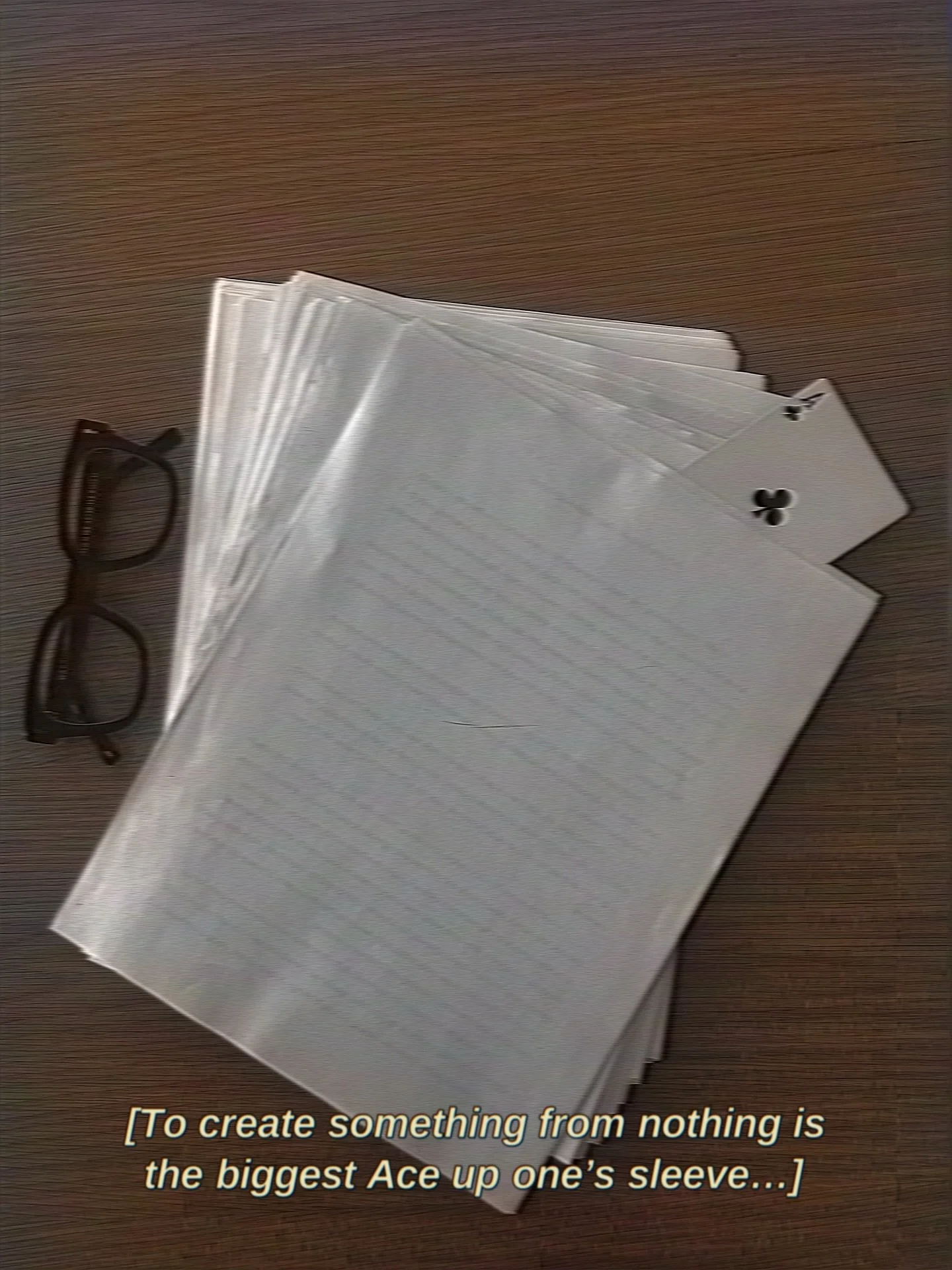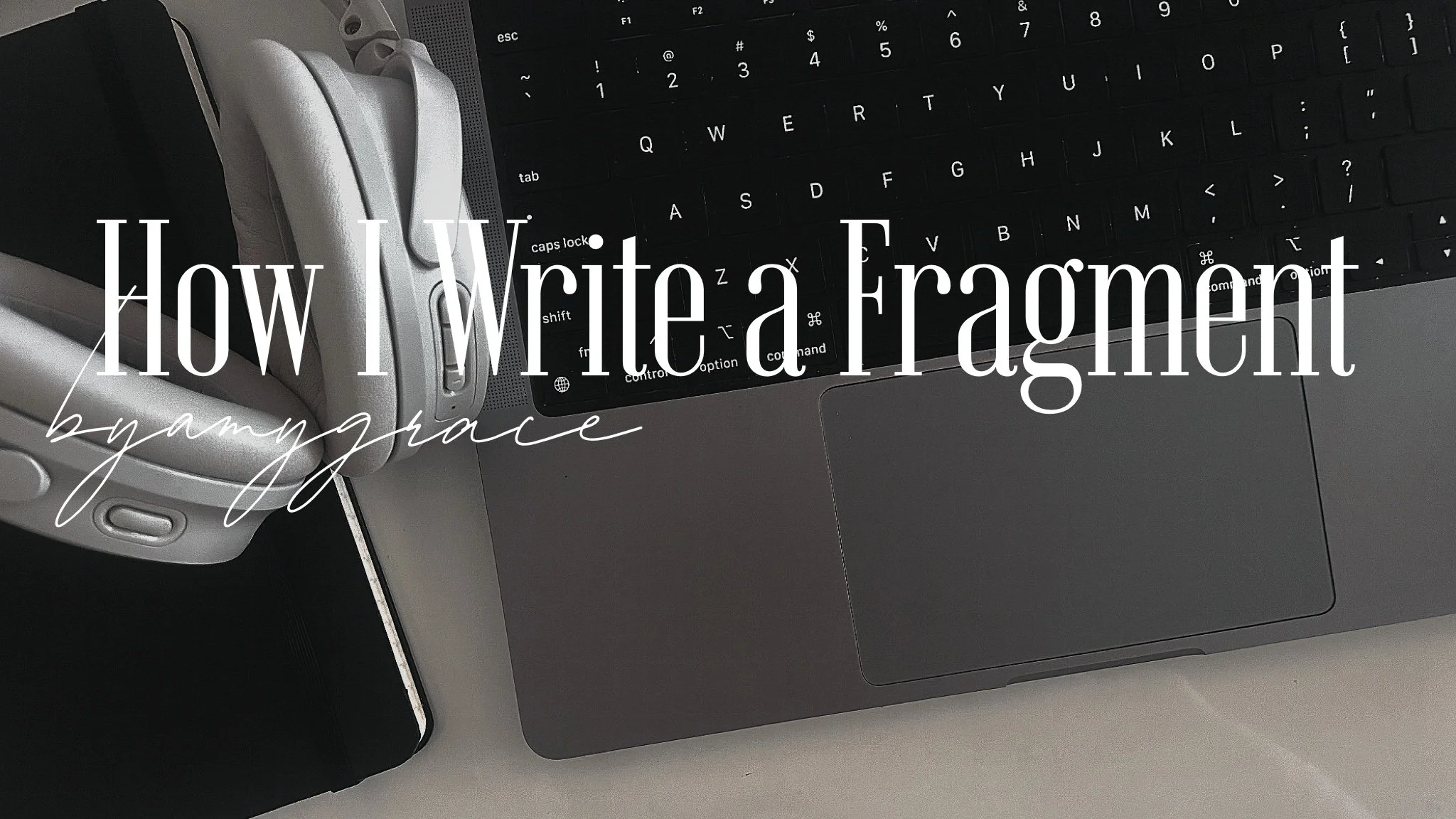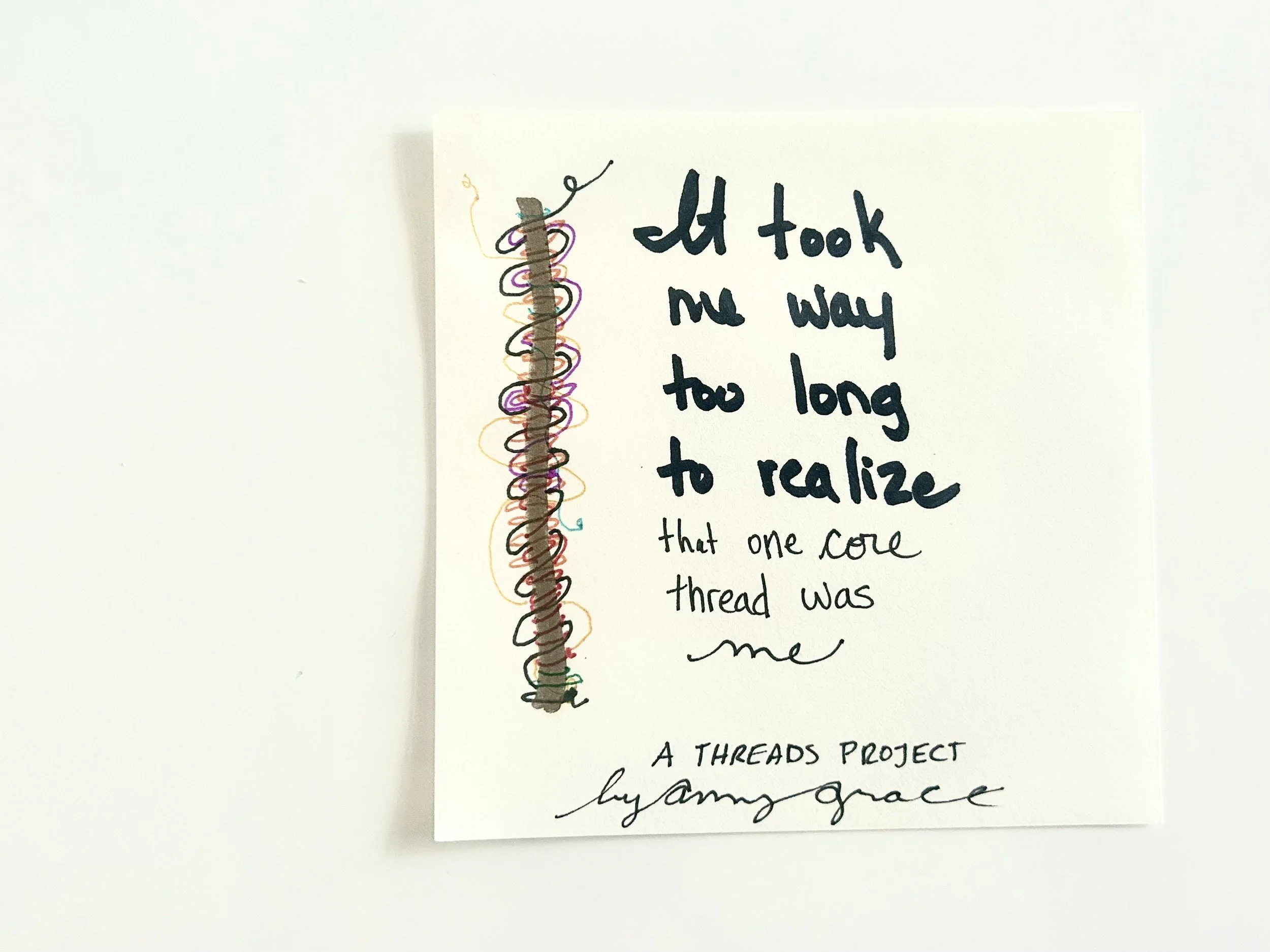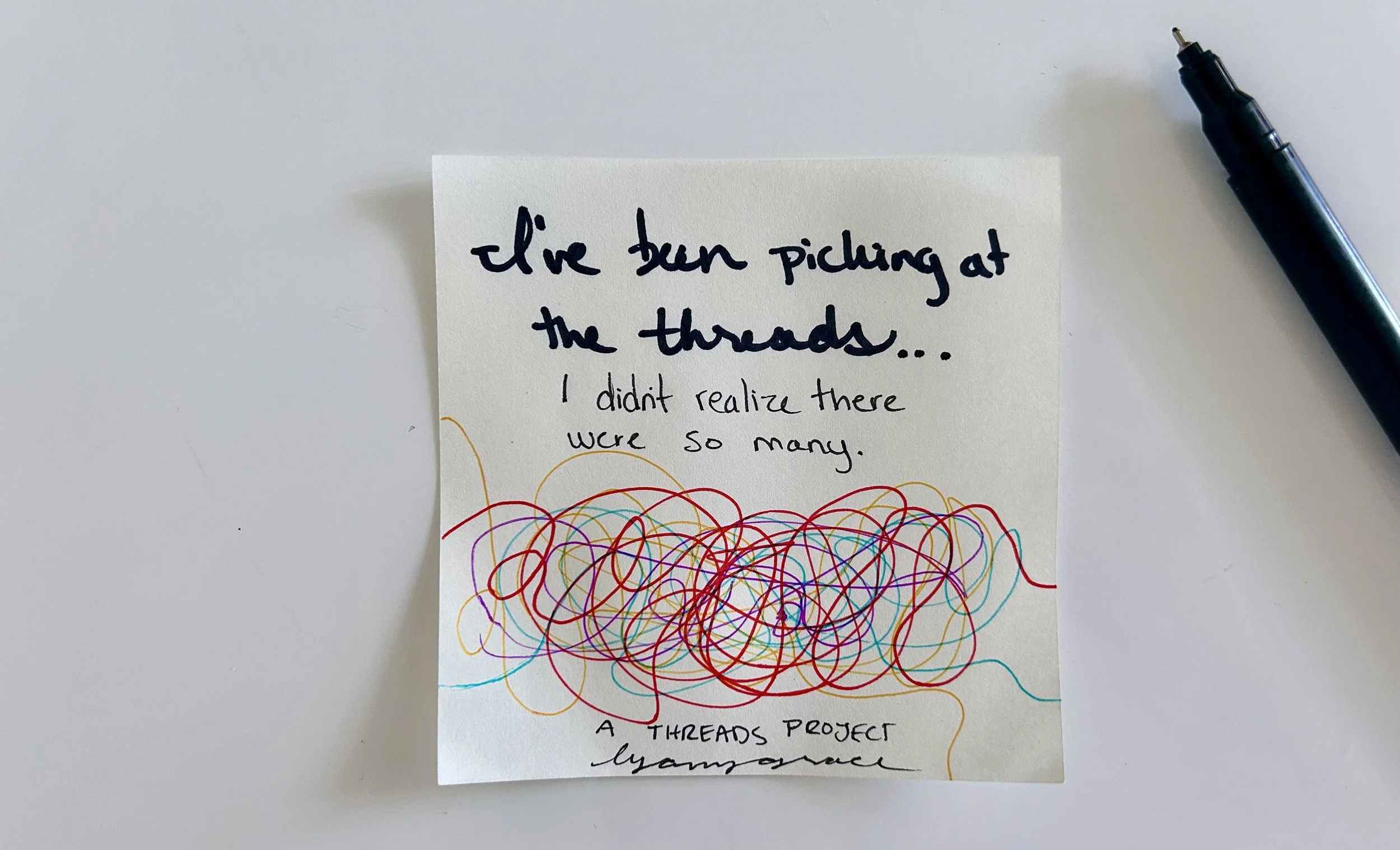When I graduated from high school, it was 2007. The year the iPhone was launched, Queen Elizabeth II became the longest-reigning monarch, and Amy Winehouse’s Back to Black record was playing on the radio. At the time, for someone who remained living with their parents after high school, applying for financial support grants and a student loan was not an option. I would need to prove that the parents I still had medical insurance under could not afford to fund a university-level education. I learned early on in high school that I could not prove this. So I put my head down and focused on what I believed to be a more sustainable, attainable, and practical profession through a local community college, funded by shifts at Tim Hortons and Dairy Queen, and two Summer internships as a children and community organizer at my local church, respectively.
It goes without saying that I did not believe a university-level education was in the cards for me, not only financially, but intellectually. I had drunk from the Kool-Aid that to be a successful woman, I needed to focus on getting a quiet job as a service provider & or helper, procreate with a loyal husband and to host family gatherings happily- and yet almost two decades later, here we are. Only one semester of an MFA left, and a full 80,000-plus words of a manuscript written later.
Nothing has been easy about this process thus far, but everything has been rewarding. To soak in the craft of stories, to share in the work of what it means to rip one's heart open and mine the wreckage for the material that will ultimately be crushed into fragments and built back into something, layer by layer, that others can absorb with their eyes, minds and spirits. A journey of a lifetime.
As one artist said to me after what was an obviously long day of his own work:
”There is a place for and a need at times, after toxins have built up for years and years, for a spiritually led creative vomit.”
The idea that what I have been processing internally for the last twenty years has been churning away and finally, to have let it out, at least so that I can think clearly, process better and source the ‘creative inspiration’ for what is of value, is something that I am relieved and excited to turn my attention to.
I can’t say where this manuscript is heading in the end, how the pages will be read and what the final product will ultimately look and sound like - but what I can know is that the creative act I am making by showing up and seeing this Master’s program through along with this manuscript is an act of honouring the spiritual compulsion that is creativity. To create something from nothing is the biggest Ace up one’s sleeve and I’ll be spending my lifetime studying the act of it.

